The University of Minnesota, in an email sent on Sept. 21 to all students with dining plans, attributed recent limited food options and restricted hours in dining halls to staffing shortages; however, students and employees say the University is responsible for the dining conditions for refusing to meet worker demands for higher wages.
The University dining halls are short 142 employees according to reporting from Fox 9. In the Sept. 21 statement, the University said it is working with local and national staffing agencies, like Chefs on the Fly, to hire temporary workers.
The Teamsters Local 320 union represents the roughly 1,400 service workers at the University, which includes the dining hall workers.
Jackson Kerr, a Teamsters Local 320 union organizer, and a unionized dining hall employee, said the University is experiencing issues keeping and hiring staff because of noncompetitive wages. The current starting wages for University dining hall jobs range from $15.93 to $25.14 depending on job responsibilities.
Teamsters’ proposed bargaining agreement for the upcoming year would raise every University dining hall employee’s minimum starting wage to $20 an hour, Kerr said.
“We feel that is a living wage in the current economy and within the Twin Cities,” Kerr said. “A lot of other public sector employees in the Twin Cities pay at least $20 an hour, so not only would it pull people out of poverty, but it is competitive.”
The University and dining hall staff have yet to come to an agreement
The union works with the University to create a bargaining agreement every 1-2 years. The previous contract expired in June.
Kerr said Teamsters have met with the University seven times since the contract expired but have yet to reach an agreement.
The most recent mediation session with Teamsters was held on Thursday, Oct. 6.
University Vice President for Human Resources Kenneth Horstman sent a system wide email on Friday about the ongoing contract negotiations with Teamsters. The proposal they are offering represents the highest increase the University has offered Teamsters in 26 years, according to the statement.
“We want all of our union employees to feel valued and to earn market-rate pay for their work, while we make sound financial decisions on behalf of the University,” the statement read.
The University claimed in its statement that Teamsters leaders have not responded to the offers or fully participated in dialogue regarding the contract negotiations.
“The University is committed to continued bargaining, but we can’t do so without a willing partner,” the statement read.
However, Kerr said the University has come into negotiations with an agenda and has refused to listen to Teamsters leaders.
“It’s the University who is saying ‘It’s this [the University’s proposal] or nothing,’” Kerr said.
The University offered a 3.85% wage increase for dining hall workers, which would raise the lowest paid dining hall employees’ wages to $16.54 an hour and the highest paid employees to $26.11.
Mick Kelly, who has been a cook at the University for 20 years, said the issue of low University dining employee wages has been “picking up steam over the years.” However, with rising inflation, the pay rate is now especially inadequate, Kelly said.
“Workers here want to serve students, and they want to serve quality products,” Kelly said. “But the reality is, there aren’t people here to do it.”
In response to the University’s latest statement, Teamsters released a statement that mentioned the latest offer made does not meet the current rate of inflation, which is 8.2%.
“What’s happened is the wages haven’t kept up with a rising standard of living, and as a result, the value of the wages have eroded,” Kelly said.
A survey Teamsters conducted in July indicated 458 current and former University employees have struggled to afford basic necessities while working at the University. Kelly said the survey indicated the University is paying its staff “poverty wages.”
The survey reports 61% of current University service workers do not earn enough to pay for basic expenses. In the past year, 22% reported going hungry and not eating because they could not afford food.
More than 8% of those surveyed reported being homeless at least once while working for the University.
“The University knows they are in a bad situation right now, yet they are refusing to address it by raising their wages,” Kerr said. “The University can put forward 3.85%, but at the end of the day that’s nowhere near enough to pull people out of poverty and to actually address the situation.”
The University said in its Friday statement that some of the assets gained by working for the University are not reflected in hourly wages, but include “extensive and generous health and wellbeing benefits.”
Kelly said while the University does offer benefits, those will not help workers afford basic needs.
“You go to the corner store to get some milk or bread, you can’t say ‘Well I have some benefits,’” Kelly said. “You actually have to have some money to give to the storekeeper.”
Teamsters has organized protests in the past to fight for the primary goal of higher wages for University service employees. The protests have also called for protecting seniority, improved campus sustainability efforts and the right to negotiate healthcare benefits in future negotiations.
Employees also expressed frustration that the University only employs dining staff for nine months, leaving them with no summer income.
“A combination of low wages, a lack of summer work, have caused many people to leave, and quite a few people just don’t want to work here,” Kelly said. “It’s impossible to raise a family on those wages, especially if you are not working year-round.”
Kerr said Teamsters has been warning the University the staffing shortages and possible implications such as a strike would occur.
“We have been telling them for months this was going to happen,” Kerr said. “Their lack of respect and willingness to entertain a pay raise sort of illustrates how little they care of these people who keep the campus running.”
Teamsters has organized four protests since April, the most recent of which was a march in the University Homecoming Parade on Sept. 30.
Service workers at the University held an in-person vote on whether to strike on Tuesday, Oct. 4 and Wednesday, Oct. 5.
The results of the vote were announced Monday during a press conference; service workers voted to strike with 93% in favor.
The official date of the possible strike has not been announced. Teamsters leaders said it could start as early as Oct. 22.
After filing their intent to strike, Teamsters leaders said during the conference the union will enter a 10 day “cooling off period,” in hopes the State Bureau of Mediation Services will order both parties back to the bargaining table.
Students frustrated with University’s handling of worker shortage
Kelly said he thinks students have a right to be angry about the dining limitations.
“Students have paid for something, or their parents have paid for something, and they’re not getting what they paid for,” Kelly said. “Nor are they likely to get it in the near future, unless the University does something to adjust the staffing, and that something is a real raise of wages.”
Some students said although the 50% dining hall charge refund announced on Sept. 21 shows an acknowledgement of the poor dining service offered by the University, it does not actively address the staffing shortages at fault.
“Getting the refund is a good thing, but they’re really not actually trying to fix the problem,” Ellie Schugel, a first-year student at the University, said. “They want more workers and they’re asking more people to work, but that’s not going to do anything.”
Meal plans are required for all students living in University residence halls. There are three plan options that vary from $2,400 to $2,600 per semester.
Since the start of fall semester, fewer food stations at dining halls have been open and dining halls have had to limit their hours of operation because of the employee shortages.
Schugel, who lives in Comstock Hall and eats primarily from its dining hall, said she has noticed the dining hall not providing enough food, serving rotten or undercooked food and not following the hours of operation posted online.
Schugel said she has health problems that require her to eat smaller meals up to five times per day, which has been difficult to do with dining halls having inconsistent hours.
She recalled one time when the Comstock dining hall was closed by 7:30 p.m. even though the hours posted online said it was open until 8:00 p.m. She said she thinks the University should better communicate these changes to students.
Alex Goers, a second-year student who lives in Bailey Hall on the St. Paul campus, said they have noticed the same issues that Schugel mentioned.
The hours of operation online state Bailey Hall opens at 7 a.m. all week. However, Goers said in an email to the Minnesota Daily that recently Bailey has not opened until 10:30 a.m. on weekends.
Goers said the change in weekend hours at Bailey has made it difficult to be able to get breakfast while running on an early morning schedule. Goers said they now have to hop on a bus to the East Bank campus and find a larger dining hall that opens earlier.
“It would not be too bad living on East Bank, where there’s like four or five dining halls, but we don’t have that here, so there is no alternative for us,” Goers said. “So we have to go across campus if we want food.”
Both Goers and Schugel said they do not blame dining hall staff for the limited hours or the food problems, and they primarily blame the University.
“All my frustration is towards the University,” Schugel said. “I have a lot of understanding for the workers.”


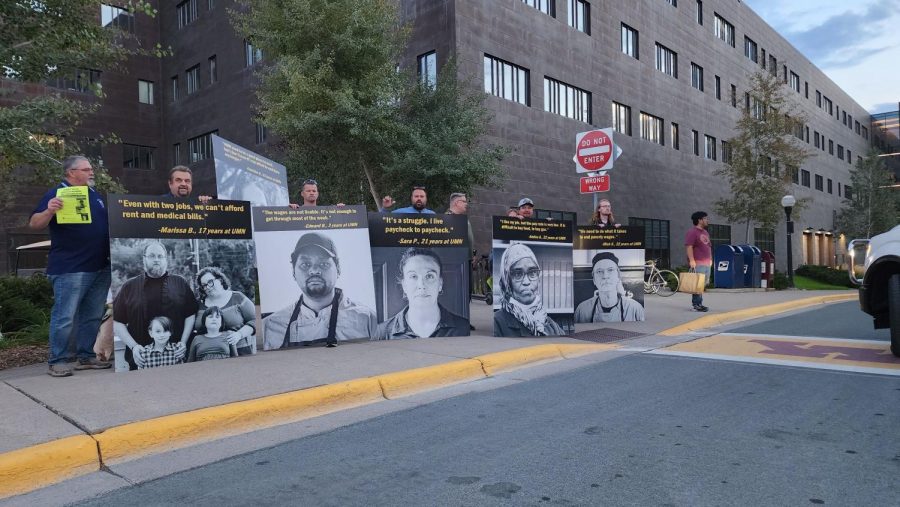
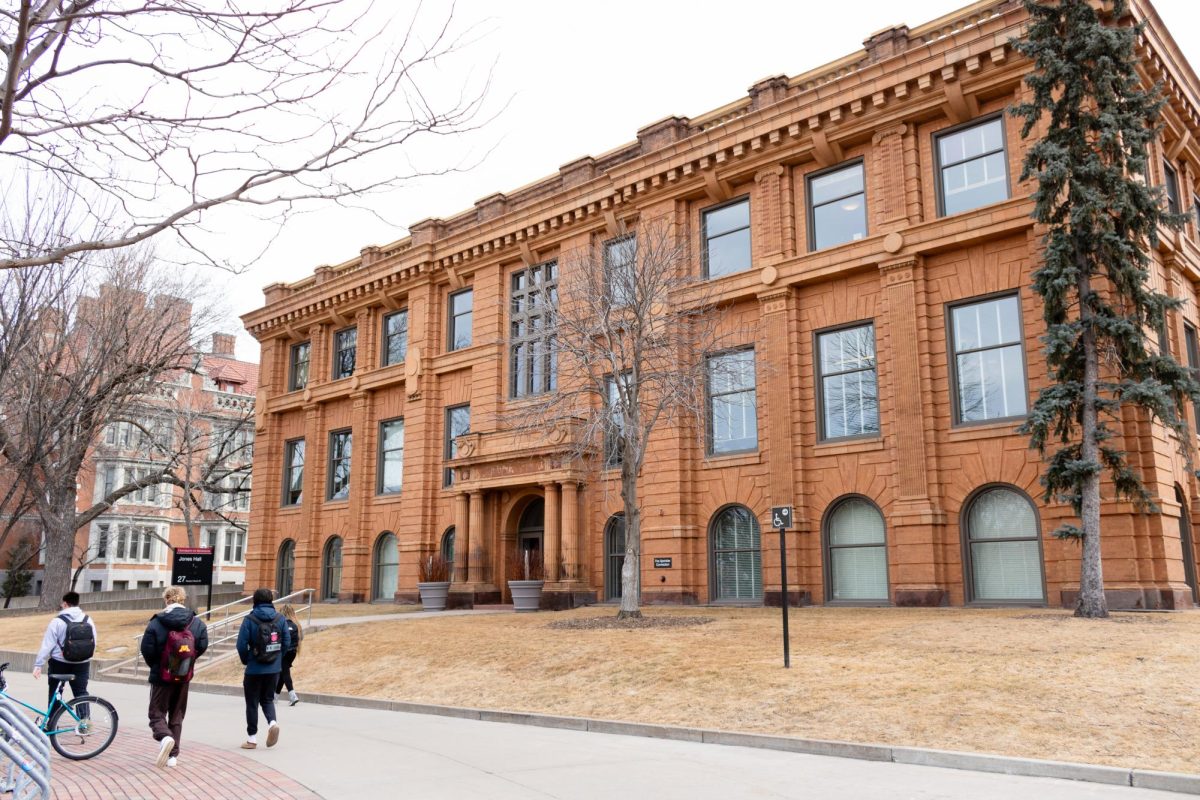





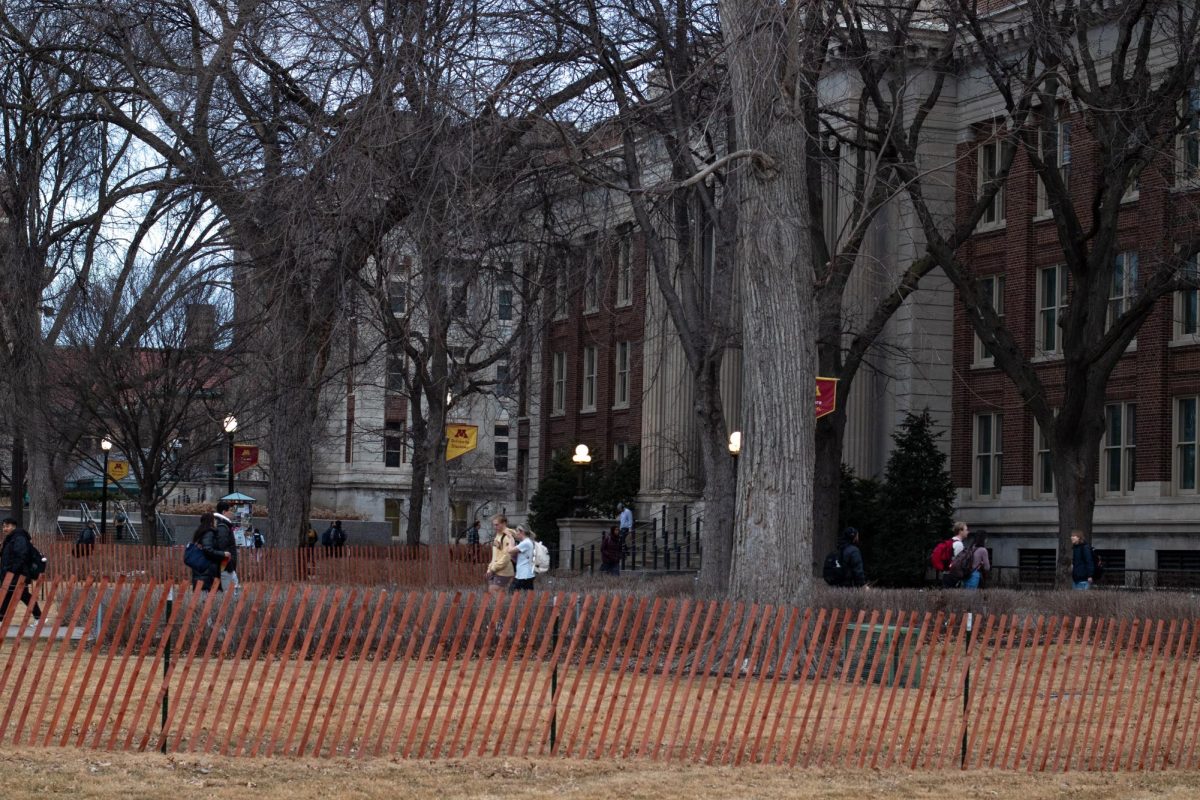

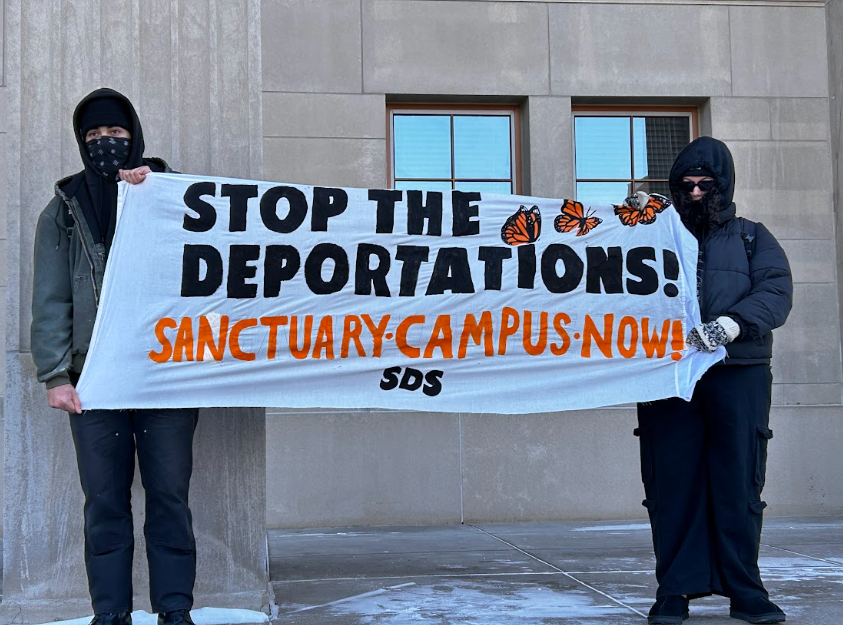
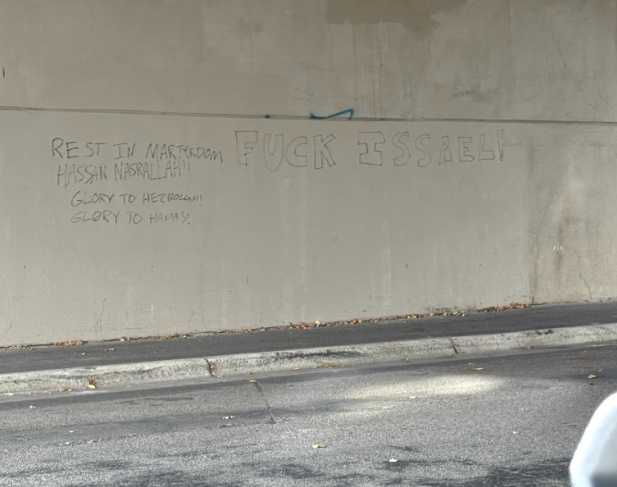






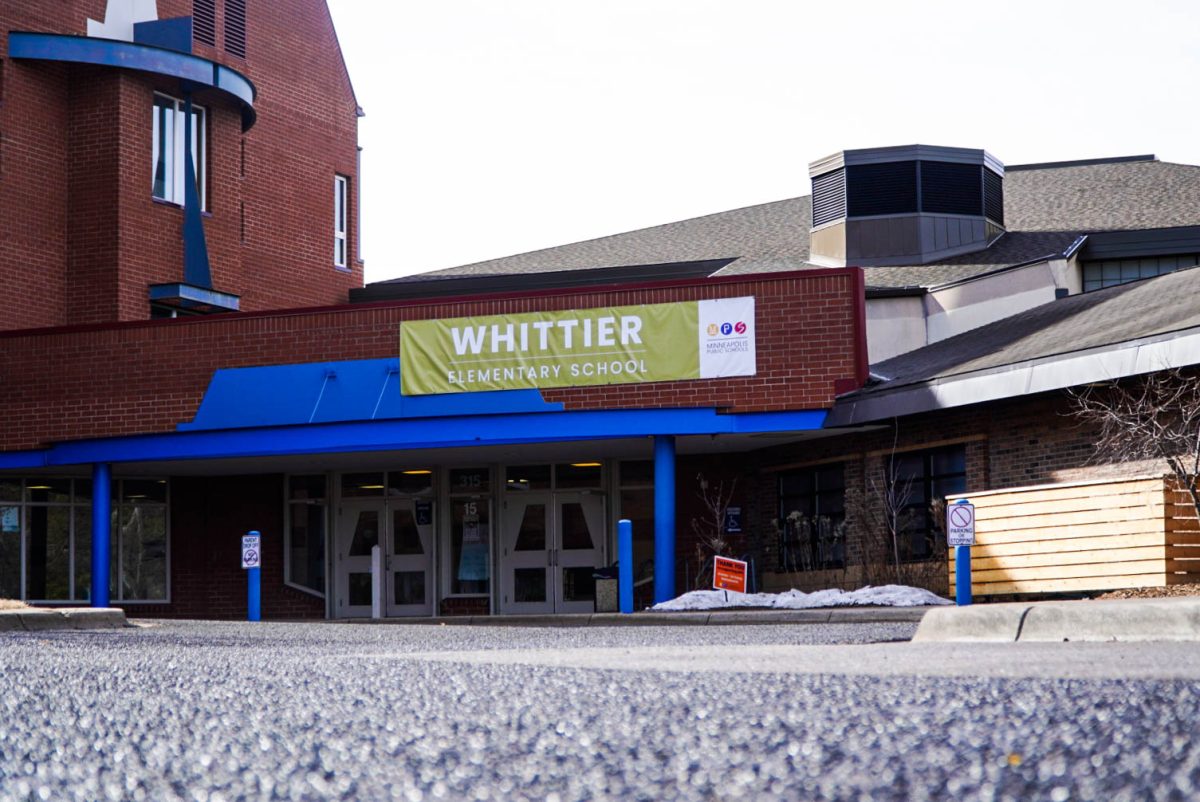
lostoncampus
Oct 13, 2022 at 11:39 am
Crying about inflation, when the Clown YOU SUPPORTED CAUSED IT.
Boo hooo
“Employees also expressed frustration that the University only employs dining staff for nine months, leaving them with no summer income.”
Its called Seasonal – and they KNOW IT when they take the job. Dont want a 9 month job? Dont work in food service @ Umn.